
A patient presents with multiple substance use disorders super-imposed on mood and anxiety disorders. Where does a clinician even begin?

A patient presents with multiple substance use disorders super-imposed on mood and anxiety disorders. Where does a clinician even begin?
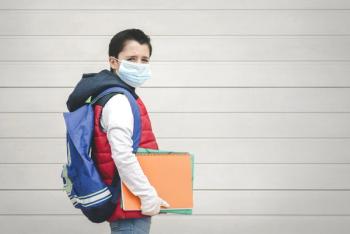
These imaginative exercises can help clinicians establish a strong therapeutic alliance with nervous youngsters.

Key questions to consider when evaluating a digital therapeutic for anxiety.

What will psychiatric practice look like in the year 2030?

What are the greatest unmet mental health needs in the United States today? Recent statistics from the Centers for Disease Control may hold the answers.

A working model for eliminating stigma and transforming mental healthcare within the military.
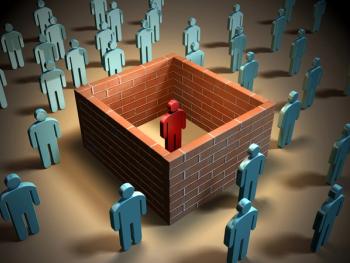
Why does the prospect of getting back to normal after the pandemic disturb some patients? And what can be done to overcome these fears?

Resilience is a relatively neglected topic of research, but it has the power to dramatically improve patients' lives.
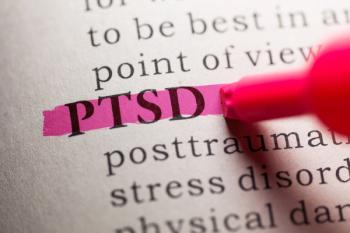
How should the sociopolitical nature of PTSD as a diagnosis inform our understanding of trauma?
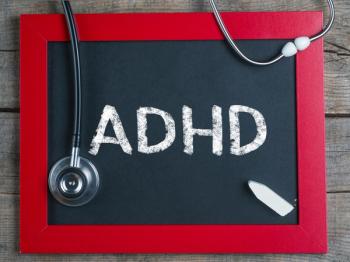
A new combination of subjective and objective measures might finally provide a reliable answer.
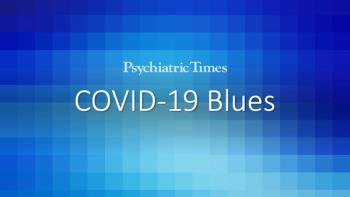
Research confirms COVID-19’s negative impact on Americans’ mental health.

During National Men’s Health Month, take time to consider the unique mental health needs of male patients.
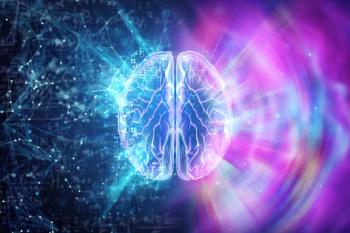
A growing body of scientific evidence suggests that mind-altering drugs, combined with psychotherapy, are effective treatments for some of the most stubborn psychiatric disorders.

The latest trial results for MDMA-assisted therapy are in—and they are eye-catching.

New research find altered states of consciousness may allow veterans and other patients with PTSD to face unspeakable experiences and find peace.
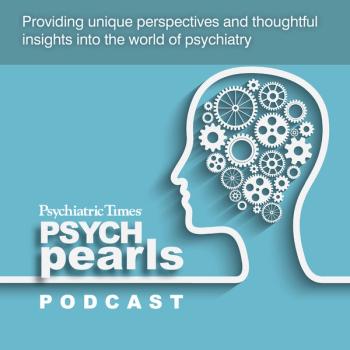
In the early days of the COVID-19 pandemic, physicians were thrust into unfamiliar roles, where they sometimes had to make life and death decisions. Here are a few of their stories.

In this conversation, a former APA president discusses mystical and meditative experiences, reconciling psychoanalysis and neuroscience, and tensions surrounding the medical model.

A television drama looks at eating disorders from the patient, physician, and family perspectives. What does it get right—and wrong?

Running, walking, and other forms of exercise create some specific chemical changes in the body—which may end up benefitting the mind.

Obsessive-compulsive disorder and related conditions do not always respond to first-line treatments. Fortunately, new options are on the horizon.
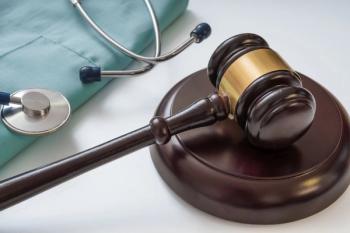
A lawyer discusses how the legal system treats (and mistreats) those with mental illnesses.

Opening certain potassium channels in the brain reduces depressive symptoms and anhedonia.

Some mood episodes are more anxiety-provoking than others, and at the top of the list are mixed states.

Patients who are report social phobia are unlikely to speak out for themselves. For them, confrontations with their boss or coworkers are even worse than water-cooler conversations. That is where psychiatrists can help.

Research on psilocybin, LSD, and other hallucinogens as psychiatric treatments are in their renaissance, transitioning from banned and illegal to potentially useful in changing life for the better in some patients. More in this podcast.